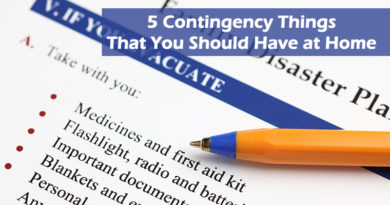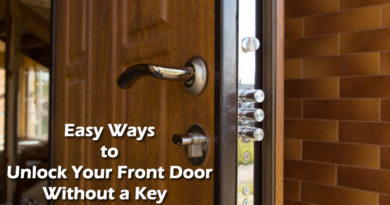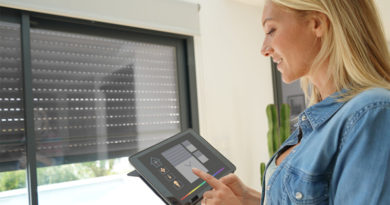How to Keep Your Rental Property Safe
As a landlord, keeping your property safe for your tenants is of the utmost importance. Whether that takes the form of preventing easy-access for burglars or making sure smoke detectors are properly installed, you don’t want anyone getting hurt on your watch.
No matter if you’re leasing out an apartment or a mansion, double-check that you’ve covered all the necessary safety precautions before taking on new tenants. Not sure where to start? Take a look at the checklist below for suggestions on how to make your property as safe as possible.
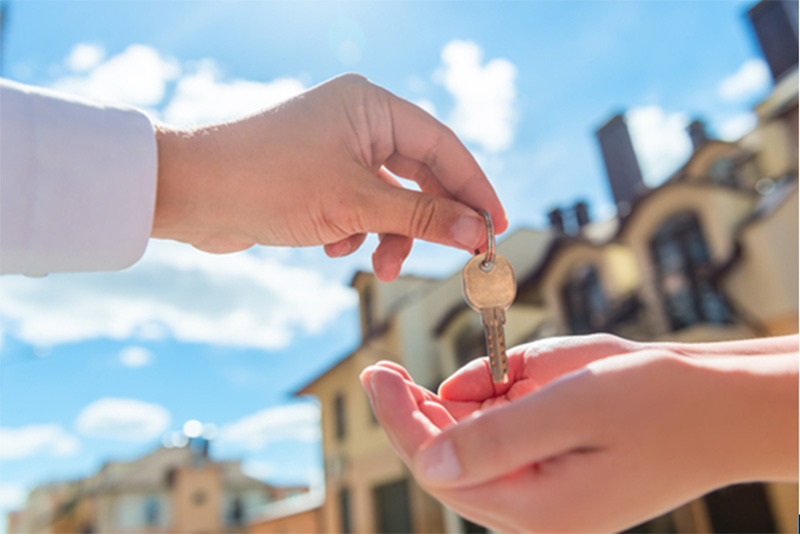
1. Secure All Doors and Windows
The most important way to create a safe rental property is to make sure that all entrances can be locked. In addition to the lock on the door knob, install a dead bolt onto every door leading to the outside. Inserting a peep hole on the front door also adds an extra level of security so tenants don’t have to open the door to see who’s ringing their bell.
For units on the ground floor, install extra secure locks on all the windows. Thieves are much more likely to go down the path of least resistance, so an unsecured window presents the perfect opportunity for sticky fingers. Additionally, equip all windows with some form of blinds or window trimmings so your tenant can close off their home to the outside world while they’re away.
2. Install Motion-Activated Lights
Motion-activated lights are a great way to deter theft and keep your property safe. Even if your property’s street is well-lit, the added measure of a bright flood light can signal to shady figures that this building won’t be an easy target.
Not only will external lights keep crime away, but tenants will appreciate the added illumination as they come home at night. Happy tenants are easy tenants, so equipping your property with the highest degree of safety protocols will benefit everyone involved.
3. Check the Building for Safety Hazards
Always inspect the exterior and interior of your property for hazards. Uneven pavement? A loose step on the staircase? Water-stained ceilings that could turn to mold? Make sure to take care of any dangerous elements before moving in new tenants.
Not only will this increase the value of your property, but it will also save you the headache of dealing with upset tenants later down the road. As a landlord, you should take pride in the property you rent out—eliminating any structural hazards is simply good business.
4. Make Sure All Appliances are Top-Notch
It’s always the little things that make the most difference. While you don’t need to have brand-new appliances in every property, it’s important that you don’t have an old dishwasher or toilet that could become a liability. Water damage from a broken or outdated appliance can rack up your expenses and garner you a negative reputation as a landlord.
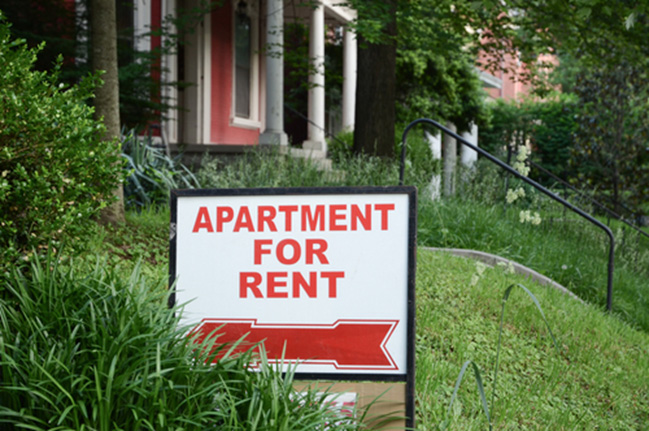
If you own an apartment building that has an on-site laundry room, make sure that all you washers and dryers are working properly. Communicate to your tenants that if anything ever breaks, they should call you immediately so it can be fixed. Replacing hefty appliances isn’t cheap, so try to invest in a good option from the outset to avoid the need for constant repairs.
5. Screen the Tenants
Apart from making sure the property itself is up to par, an important aspect of keeping your investment safe is by renting to the right tenants. When performing a background check their criminal history, make sure you also know how to do a credit check on a tenant. Their employment records, credit history, prior eviction notices, and court records can paint a picture of whether or not this person will cause trouble on your property.
6. Setup an Easy Line of Communication
If a problem does occur, it’s important that you and your tenants can communicate easily. Since it’s likely that you already collect rent online, make sure you have an easy messaging system that can be accessed 24/7.
When your new tenants are signing the lease, tell them that you want to hear about any problems right away. Not opening yourself up to easy communication creates the potential for tenants to sue you for damages should a safety hazard go unaddressed.
Managing a rental property can be a tough job, but if you’re diligent about making it a safe place to live, you’ll be rewarded in the long run. Take your time as a landlord seriously—your reputation and your livelihood depend on your ability to keep tenants safe.

